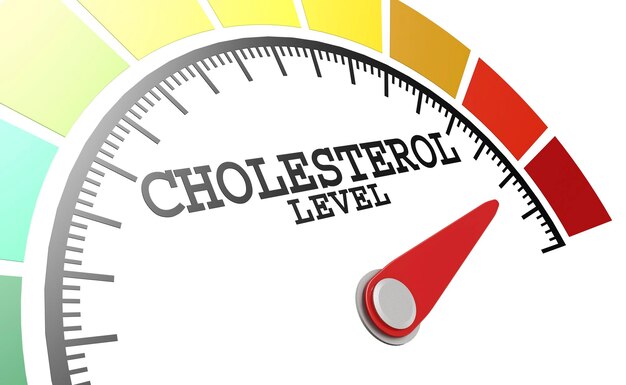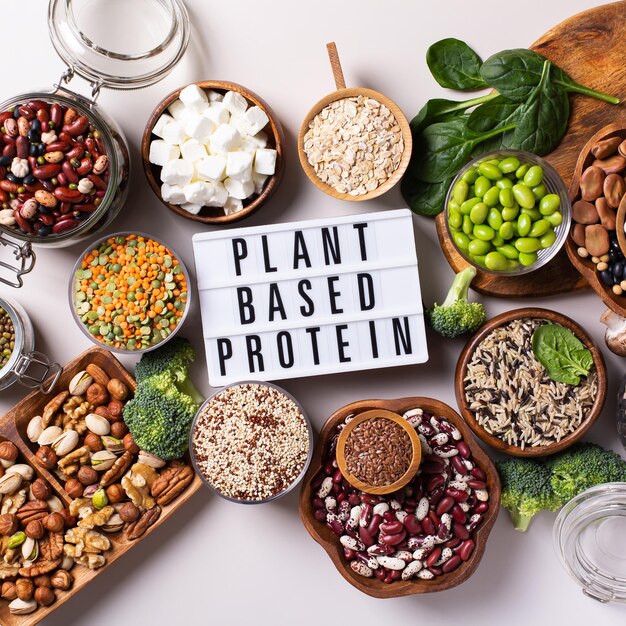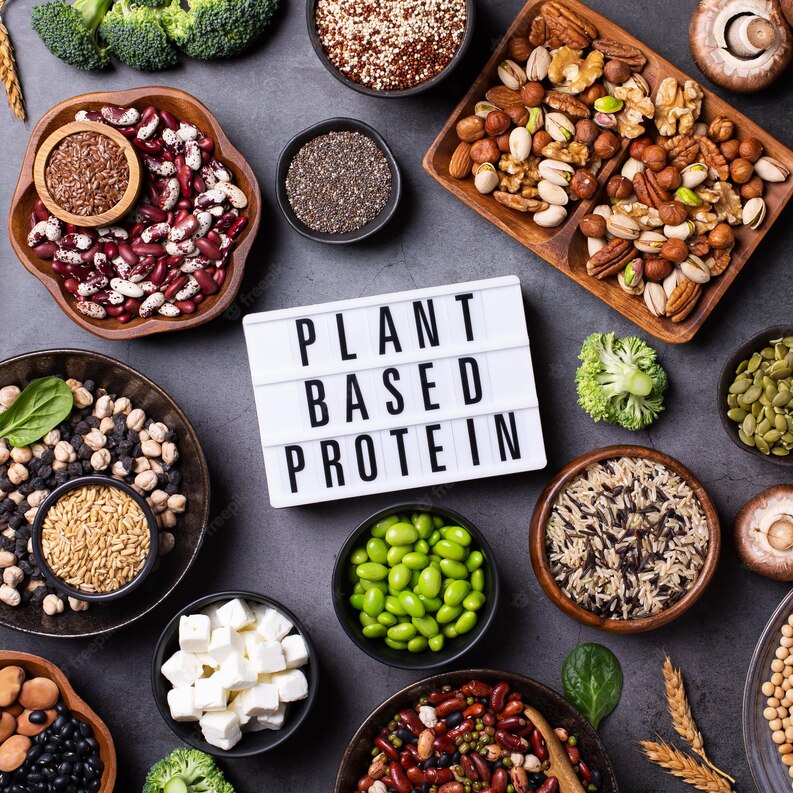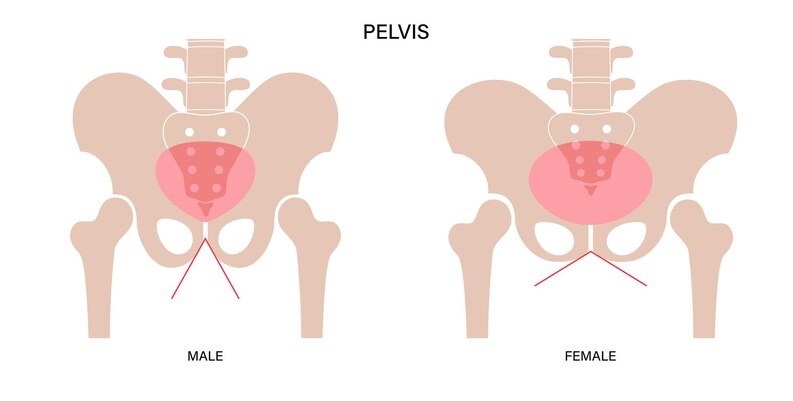According to WHO, Heart disease is the leading cause of death for both men and women in the United States. While there are many factors that contribute to heart disease, diet is one of the most important. A plant-based diet is a great way to improve your heart health for a number of reasons.
If you’ve ever wondered how simple dietary choices can lead to a stronger and more resilient heart, you’re in for a treat! Get ready to explore the bountiful benefits of embracing nature’s nourishment and discover how these wholesome, plant-powered delights can pave the way to cardiovascular wellness. So, sit back, relax, and let us guide you through the captivating world of plant-based nutrition for a heart that beats with joy and vitality!

Perks of adopting a plant-based diet for heart health
1. Reducing Heart Disease Risk
One of the primary benefits of a plant-based diet is its potential to reduce the risk of heart disease. Research has consistently shown that individuals following plant-based eating patterns have lower blood pressure, reduced cholesterol levels, and a decreased likelihood of developing heart-related ailments compared to those who consume meat-based diets. The abundance of fiber, antioxidants, and essential nutrients in plant-based foods contributes to these heart-protective effects.
2. Lowering Cholesterol Levels
Cholesterol plays a crucial role in heart health, and high levels of LDL cholesterol (commonly referred to as “bad cholesterol”) can increase the risk of cardiovascular disease. Plant-based diets are naturally low in saturated fat and cholesterol, making them effective in lowering LDL cholesterol levels. Moreover, certain plant foods, like oats, barley, and legumes, contain soluble fiber that binds to cholesterol, aiding its excretion from the body.

3. Improving Blood Pressure
Hypertension, or high blood pressure, is a significant risk factor for heart disease. Plant-based diets, particularly those rich in fruits and vegetables, are abundant in potassium, a mineral that helps regulate blood pressure. Additionally, the reduced sodium content in plant-based diets further supports healthier blood pressure levels.
4. Enhancing Weight Management
Maintaining a healthy weight is crucial for heart health, and plant-based diets can effectively manage weight. Plant-based foods are generally lower in calories and higher in fiber, promoting satiety and reducing overeating. Additionally, a plant-based lifestyle encourages a focus on wholesome, nutrient-dense foods, which can aid in shedding excess weight.
5. Managing Diabetes
Type 2 diabetes is a known risk factor for heart disease. Plant-based diets have shown promise in managing diabetes by improving insulin sensitivity and glycemic control. The emphasis on whole grains, legumes, and non-starchy vegetables helps stabilize blood sugar levels, supporting overall heart health in individuals with diabetes.

6. Boosting Antioxidant Intake
Antioxidants play a crucial role in protecting the heart from oxidative stress and inflammation. Plant-based diets are rich in antioxidants, such as vitamins C and E, beta-carotene, and various phytochemicals. These compounds combat free radicals and reduce cellular damage, promoting a healthy cardiovascular system.
7. Fostering a Healthy Gut Microbiome
The health of our gut microbiome has a significant impact on heart health. Plant-based diets are excellent for promoting diverse and beneficial gut microbiota. A well-balanced gut microbiome is associated with reduced inflammation and improved heart health.
8. Reducing Inflammation
Chronic inflammation is a contributing factor to various heart diseases. Plant-based diets are known for their anti-inflammatory properties due to the abundance of phytochemicals and polyphenols found in plant foods. These compounds help combat inflammation and protect the delicate lining of blood vessels, reducing the risk of atherosclerosis.

9. Nurturing Healthy Fats
While plant-based diets are generally low in saturated fat, they are rich in heart-healthy fats, such as monounsaturated and polyunsaturated fats. These fats, found in foods like avocados, nuts, and seeds, have been shown to improve cholesterol levels and protect against heart disease.
10. Promoting Stress Reduction
Chronic stress can negatively impact heart health. Plant-based diets, especially those rich in whole grains and leafy greens, contain nutrients like magnesium, which may help reduce stress and anxiety, contributing to better heart health.
Three most common plant-based diets
Vegan Diet: A Wholesome Plant-Powered Delight
At the heart of the vegan diet lies a beautiful philosophy of compassion and a commitment to an animal-free lifestyle. Vegans embrace a diet that excludes all animal products, be it meat, eggs, dairy, or any other animal-derived ingredient. Instead, they savor a delectable array of fruits, vegetables, whole grains, legumes, nuts, and seeds – the very essence of plant-based nutrition. The vegan diet’s rich tapestry of fiber, antioxidants, vitamins, and minerals nurtures the heart with boundless love, lowering cholesterol levels and reducing the risk of heart disease.

Lacto-Vegetarian Diet: Embracing Dairy with a Heartfelt Embrace
For those seeking the harmony of a plant-based diet while still indulging in the creamy goodness of dairy, the lactovegetarian diet beckons with open arms. In this delightful culinary journey, meat and eggs take a graceful bow while dairy products like milk, cheese, and yogurt retain their starring roles. The lactovegetarian diet strikes a harmonious chord between heart health and a love for dairy, offering an abundance of calcium, protein, and B vitamins to support cardiovascular wellness.
Lacto-Ovo-Vegetarian Diet: Embracing Eggs to Nourish the Heart
As the name suggests, the lacto-ovo-vegetarian diet warmly welcomes eggs to the plant-based table, alongside the dairy products cherished by lacto-vegetarians. By forgoing meat, while embracing the goodness of eggs and dairy, followers of this diet enjoy a balanced medley of heart-healthy nutrients. Rich in protein, choline, and essential vitamins, Eggs play a key role in supporting heart health and overall well-being, complementing the symphony of plant-based fare that graces the lacto-ovo-vegetarian plate.
Conclusion
The benefits of adopting a plant-based diet for heart health are abundantly clear. By embracing this lifestyle and savoring the diverse array of plant-based foods available, we can significantly reduce our risk of heart disease and improve our overall well-being. Remember, a gradual transition to plant-based eating, combined with regular physical activity and stress management, is the key to unlocking the full potential of this heart-healthy way of life. So, why not start sowing the seeds of better heart health today by incorporating more plant-based goodness into your diet? Your heart will thank you for it!






